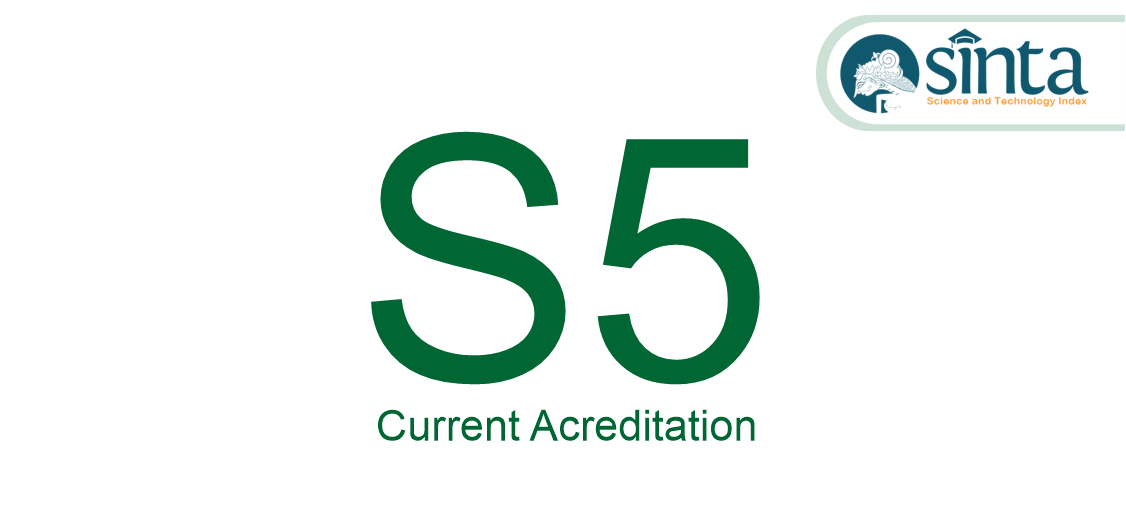Design Professional Rice Business in Tabanan Regency
Abstract
Rice is the main food ingredient of the people of Indonesia. Rice is used primarily to be processed into rice, and a variety of other foods. Every day, households need rice for consumption. This is what makes the velocity of money in the business of rice is very fast. Rice itself has various types and levels of quality. Every kind of rice certainly has a different price. Thus, each consumer determines the kind of rice to be consumed. In Tabanan regency, agriculture is a very potential field, so it is included in the category of excellent potentials, especially food crops such as rice. Since 2013, the Government of Tabanan Regency has planned agricultural programs that implement organic farming systems on paddy fields. Everyone needs rice because this product is the staple food of the people, especially Indonesian citizens from the start of small children, adolescents, until the parents need rice as the main ingredient of him every day. Therefore the tremendous business opportunity of selling rice will never end. The resulting product is called "Healthy Rice Tabanan." The program aims to ensure market certainty and favorable pricing for established farmers and adopt a farming system free of synthetic chemicals to produce environmentally friendly and healthy rice for consumers. The grain market chain produced by farmers is very short so that the grant share earned by farmers is also high. The market chain is from Farmers to Perpadi and Consumers (including Tabanan District Officers). The results showed that healthy rice business conducted between farmers and consumers and consumers had not shown a fair, professional rice business because there are no agreements and contracts that guide various parties to carry out their business. Therefore, the expected fair trade cannot be appropriately realized at the implementation level. Thus, in the context of the fair trade system of rice in Tabanan Regency, it is necessary to have the concept of inclusive business (professional business) to encourage fair trade.References
Arifin, B. (2007), Diagnostik Ekonomi Politik Pangan dan Pertanian, PT Raja Grafindo Persada, Jakarta
Kaplinsky, R. & Morris. M. (2000). A Handbook for Value Chain Research (Vol.113). The University of Sussex, Institute of Development Studies.
Kasryno, F., & Pasandaran, E. (2004). Reposisi Padi dan Beras dalam Perekonomian Nasional. Di dalam: Kasryono F, Pasandaran E, dan Fadi A M. Ekonomi Padi dan Beras Indonesia. 2004 Nov; Jakarta, Indonesia. Jakarta (ID): Badan Penelitian dan Pengembangan Pertanian. Hlm 3.
Fair Trade (2014). https://ganisilaban.wordpress.com/2014/02/17/tentang-fair-trade/
Nicholls, A. & Opal, C. (2005). ―The Economics of Fair Trade‖ in Fair Trade: Market-Driven Ethical Consumption. Los Angeles, CA: SAGE Publications Ltd.
Recklies. D. (2001). Recklies Management Project GmbH.Germany: Dagmar Recklies.
O'Brien, J. A., & Maracas, G. M. (2011). Management Information Systems.New York: McGraw-Hill/Irwin
Rich, K. M. (2004). A Discussion Note on Value-Chain Analysis in Agriculture: Methodology, Application, and Opportunities. Ha Noi, Viet Nam, Agrifood Consulting International.
Windia, W. (2006). Transformaasi sistem irigasi subak yang berlandaskan Tri Hita Karana. Denpasar: Penerbit Bali Post.
Authors who publish with this journal agree to the following terms:
- Authors retain copyright and grant the journal right of first publication with the work simultaneously licensed under a Creative Commons Attribution License that allows others to share the work with an acknowledgement of the work's authorship and initial publication in this journal.
- Authors are able to enter into separate, additional contractual arrangements for the non-exclusive distribution of the journal's published version of the work (e.g., post it to an institutional repository or publish it in a book), with an acknowledgement of its initial publication in this journal.
- Authors are permitted and encouraged to post their work online (e.g., in institutional repositories or on their website) prior to and during the submission process, as it can lead to productive exchanges, as well as earlier and greater citation of published work (See The Effect of Open Access).
 Abstract viewed = 156 times
Abstract viewed = 156 times
 PDF downloaded = 115 times
PDF downloaded = 115 times



